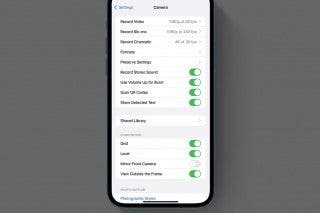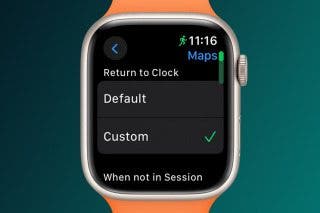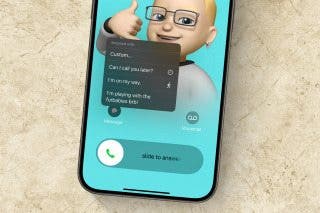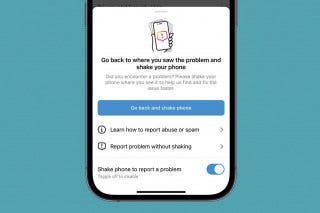New iPhone SE Review: An Ode to the Smallest iPhone


Way back in 1992, DC Comics shocked the world by killing off iconic superhero Superman in an all-out battle against the super villain Doomsday. While people mourned the loss of the Man of Steel, he later would return, reincarnated, even mightier than ever. This story came to my mind earlier this year in April, when Apple declared dead the original 4-inch iPhone SE and announced its rebirth in a form with a significantly bigger screen size than before. While many rejoiced at the 2020 release of the second-generation iPhone SE, it was a doomsday of sorts for fans who prefer small Apple smartphones.
Apple touts the new 2020 iPhone SE as having a compact design, and it does when compared to the rest of its lineup. The special edition iPhone has the body of the phone from three years prior—the iPhone 8—and internal components of last year’s iPhone 11 with the A13 Bionic chip. While still relatively small, the new iPhone SE has strayed away from the original 2016 design, growing diagonally in screen size by 0.7 inches, which is nothing to sneeze at!
I’ll never forget when the tech giant announced the original iPhone SE in 2016. I was excited when rumors of a mini Apple smartphone turned out to be true. A powerful new iPhone model with a 4-inch display? Sign me up, please! The SE was a welcome addition to Apple’s lineup. The flagship models at the time were the 4.7-inch iPhone 6s and 5.5-inch 6s Plus. As the owner of an iPhone 5, which had a 4-inch display, I finally found my upgrade path forward with the original iPhone SE, which had the internal components of the larger iPhone 6s crammed inside a smaller form.
The tech giant announced the second-generation iPhone SE via a press release on its website in April, providing a long-awaited answer to those of us who had been hanging on rumors of a successor. In the announcement, Apple marketing executive Phil Schiller hit the nail on the head when he said the original iPhone SE was a hit because of its “unique combination of small size, high-end performance, and affordable price.”
The irony is that the 4-inch form factor is what made it perfect for one-handed use. After four years of holding on to my original iPhone SE, I jumped at the chance to upgrade when Apple announced its successor. But to my disappointment, the wider and heavier 2020 iteration is harder to navigate with one hand, even though it’s improved in every other way. I’ve preferred to operate my phone one-handed ever since I lost my eyesight in 2013. While the increase in size by 0.34 inches in width seems nominal, navigating with VoiceOver, a screen reader built into iOS for the blind and those with low vision, is now more difficult to perform. I find myself cradling my new phone in the left hand for support while also holding it in my right hand as I swipe with my thumb. It’s also too big to comfortably wear holstered to a belt.
I’m a guy who likes small tech gadgets—I own an 11-inch MacBook Air, the new iPhone SE, and an iPad Mini, and my first MP3 player was an iPod Mini. But the fact of the matter is that, sadly, the 4-inch form factor isn’t going to make a comeback.
While it’s hard to accept for those of us who have been holding our breath (and onto our older devices) for a new SE with the design of the original, it’s highly implausible that the tech giant will revert to a now eight-year-old design. Apple tends to move forward and not look back, so you either go along for the ride or hang on to an obsolete device. The new iPhone SE is hands down the best bet for fans of small smartphones. While its compact design is larger than its predecessor, it’s considerably more compact than the next-smallest option of the 5.8-inch iPhone 11 Pro.
In a sea awash with phablets (the iPhone 11 Pro Max has a gargantuan 6.5-inch display), the small phone from days gone by has been put out to pasture. For the die-hard minority that loves smaller screens, the only choice is the 2020 iteration of the iPhone SE.
This article was originally published in the Spring 2020 issue of iPhone Life magazine.

Joe Leo
Joe Leo has been writing about Apple and technology since 2006. As a contributor to iPhone Life, he primarily writes content geared toward the visually impaired iPhone user (being totally blind himself after losing his eyesight in July 2013 from health complications). He also writes for the website MacPrices and has previously written for the site Low End Mac.
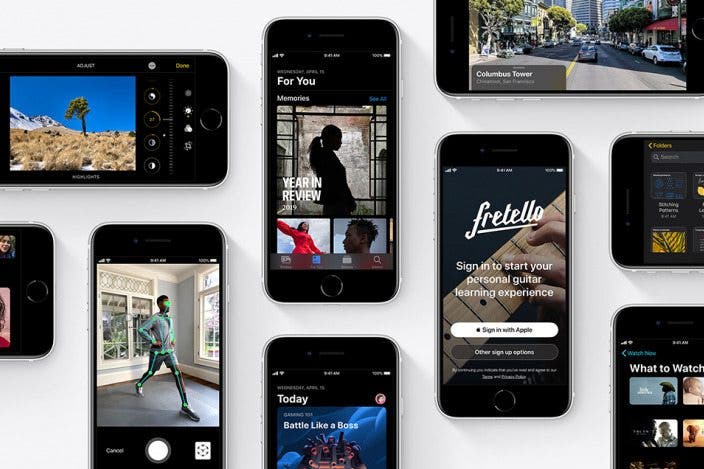
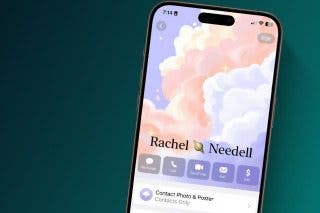
 Rachel Needell
Rachel Needell
 Amy Spitzfaden Both
Amy Spitzfaden Both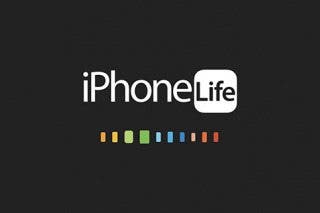
 Susan Misuraca
Susan Misuraca

 Olena Kagui
Olena Kagui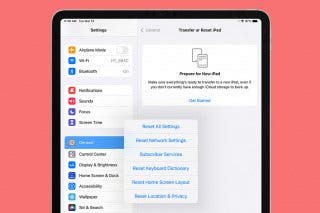

 Rhett Intriago
Rhett Intriago

 Leanne Hays
Leanne Hays